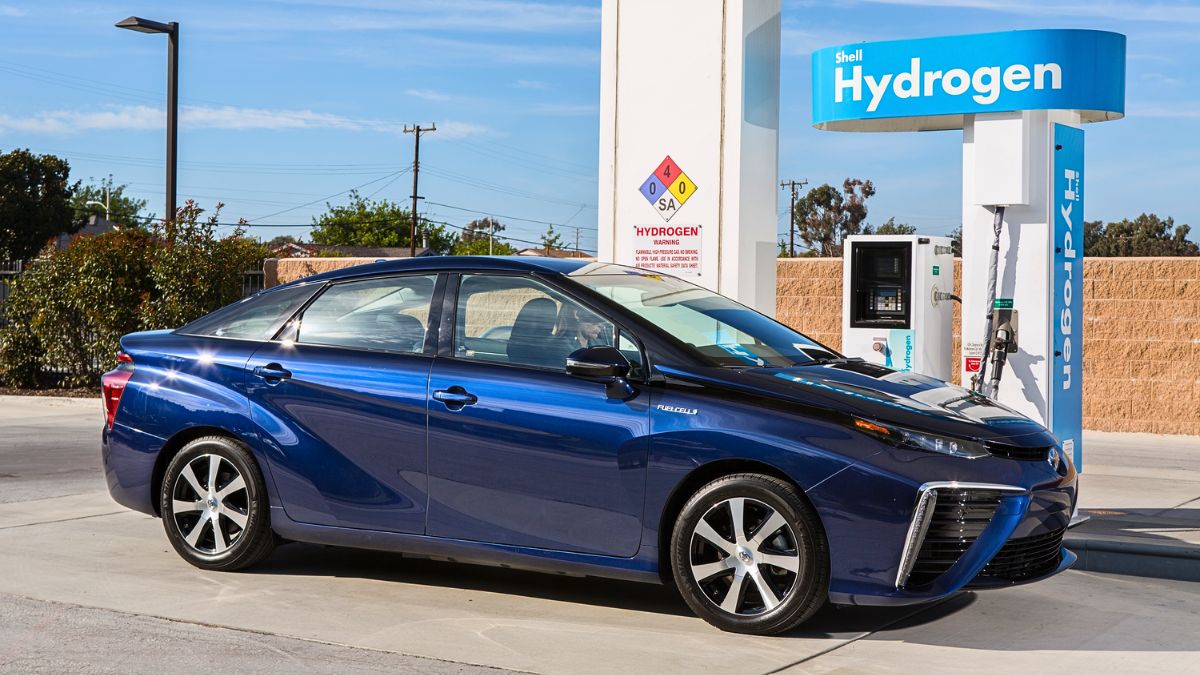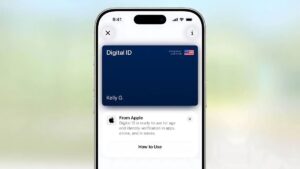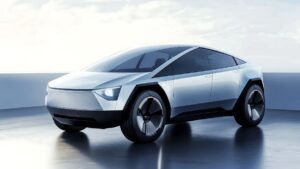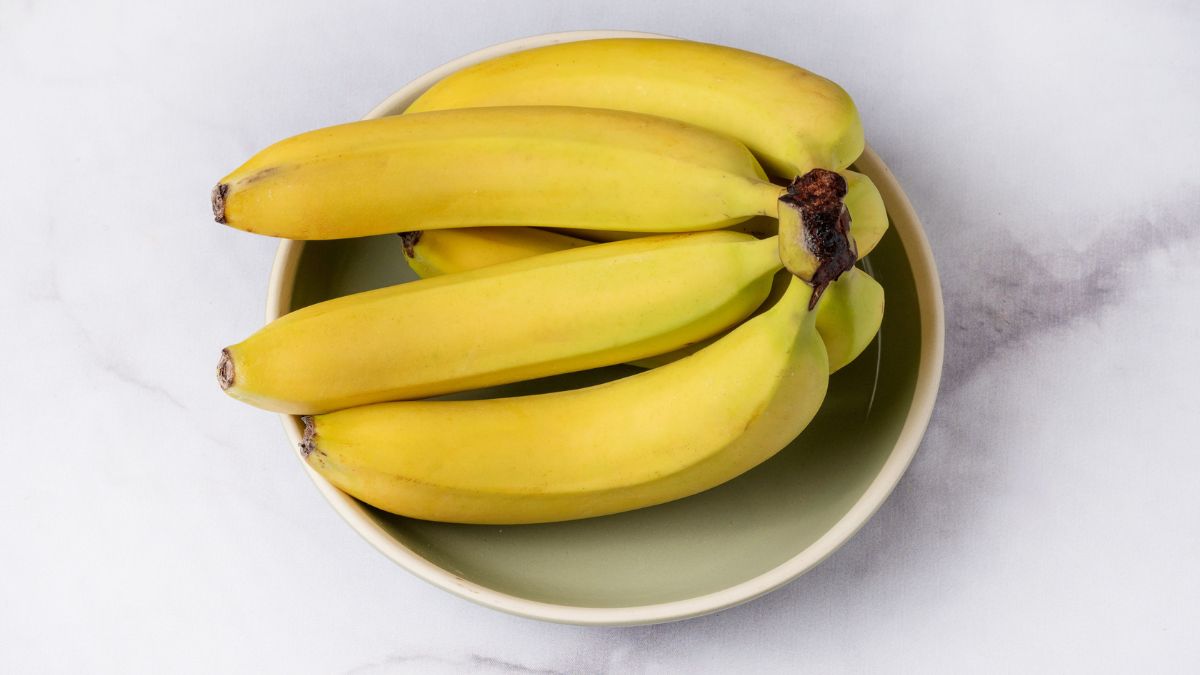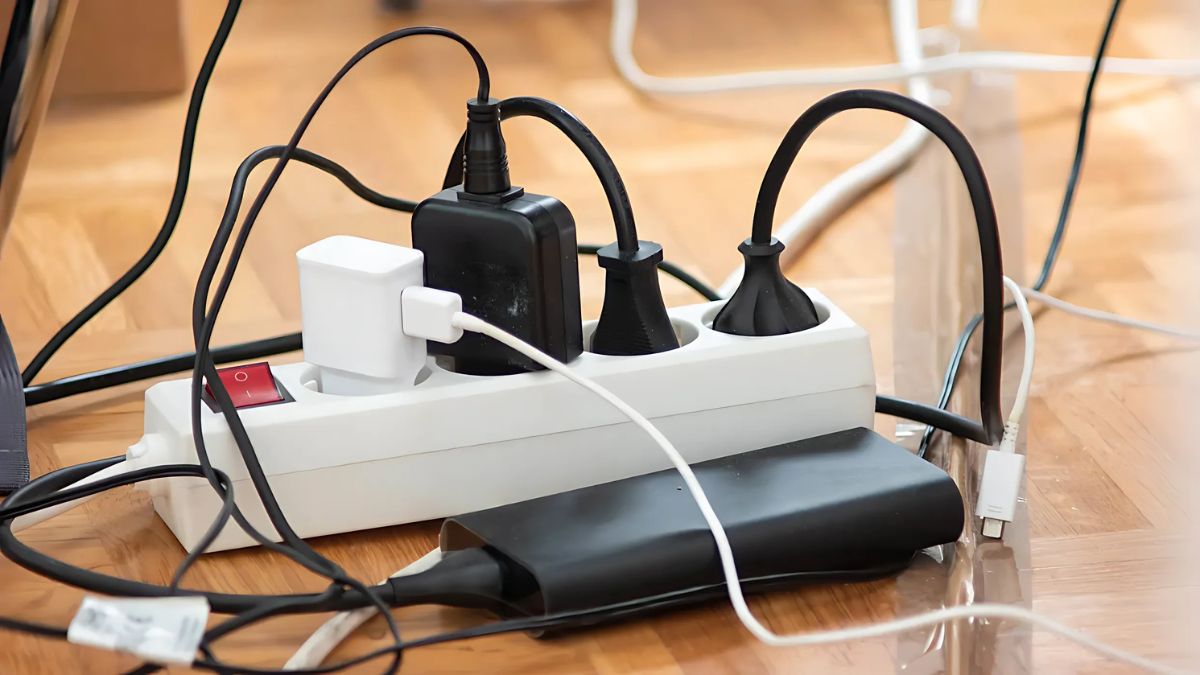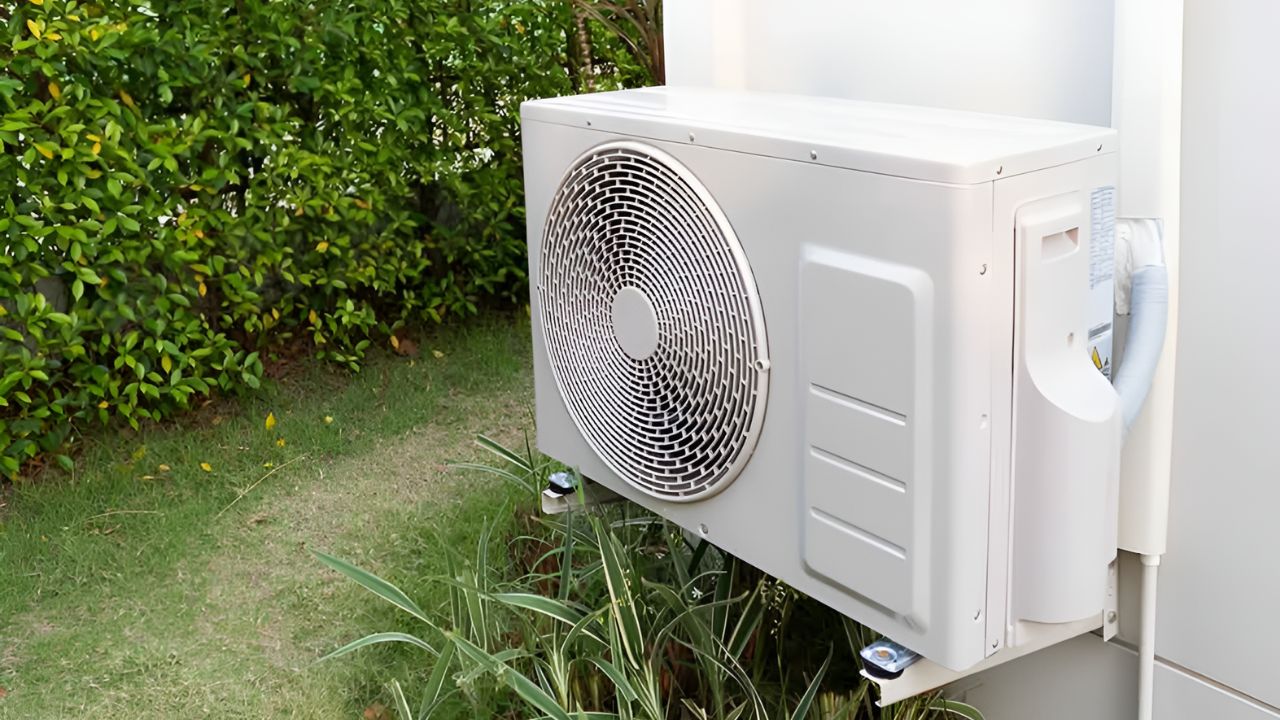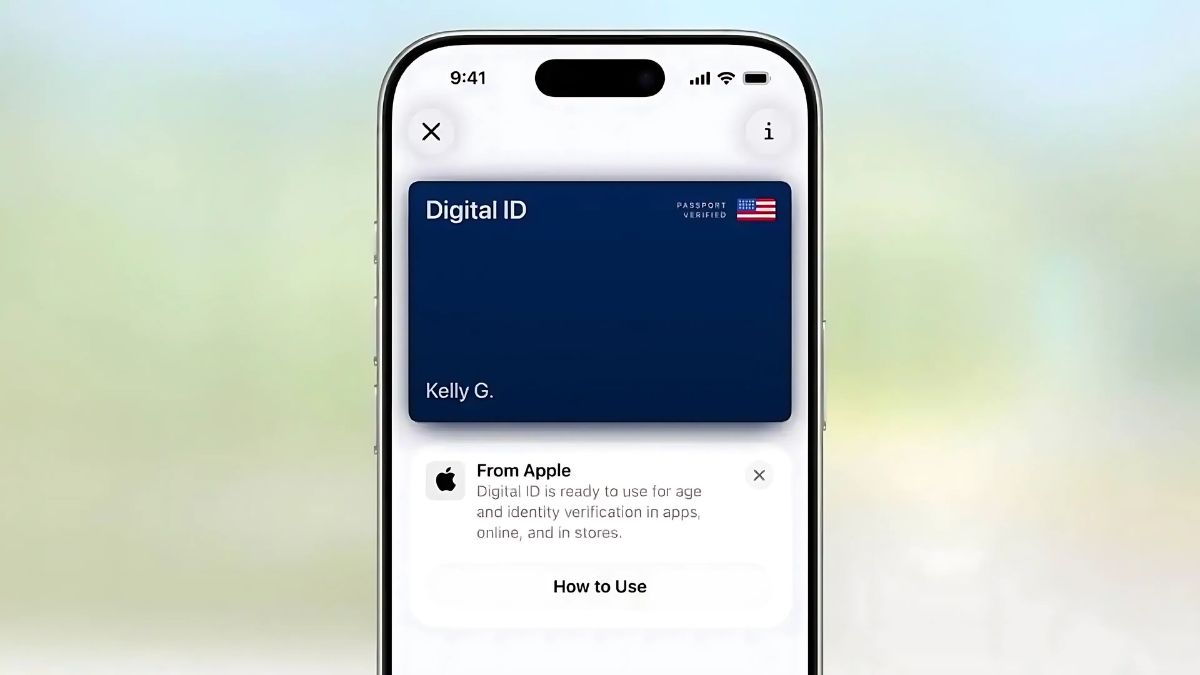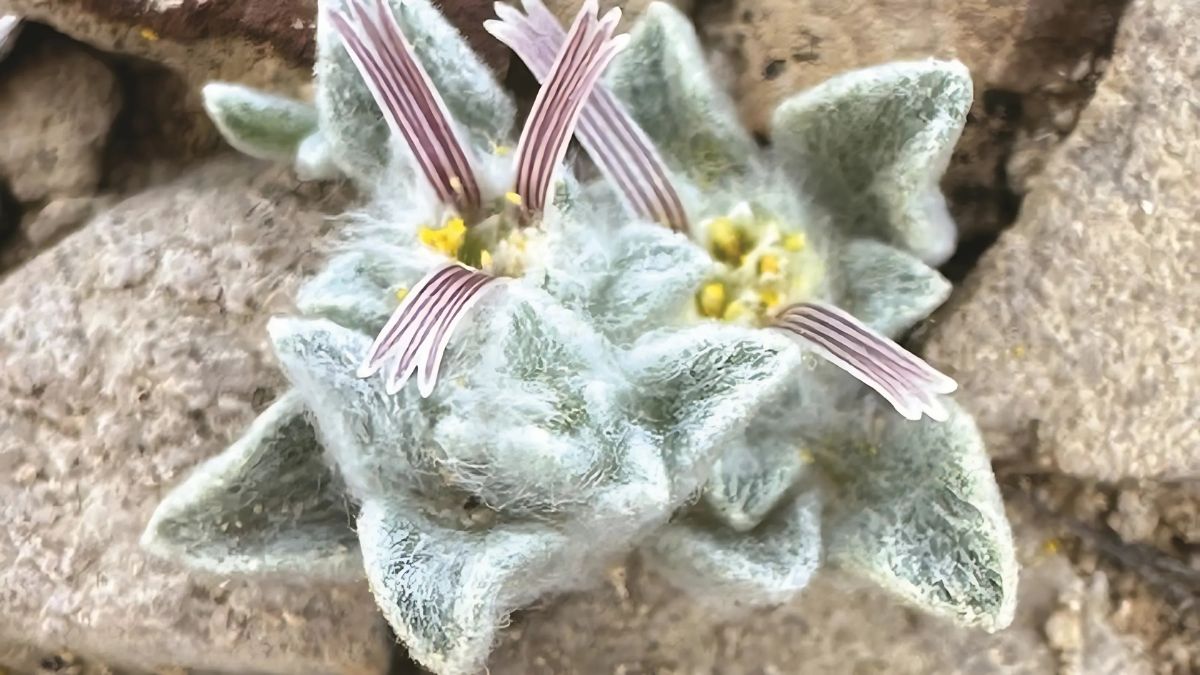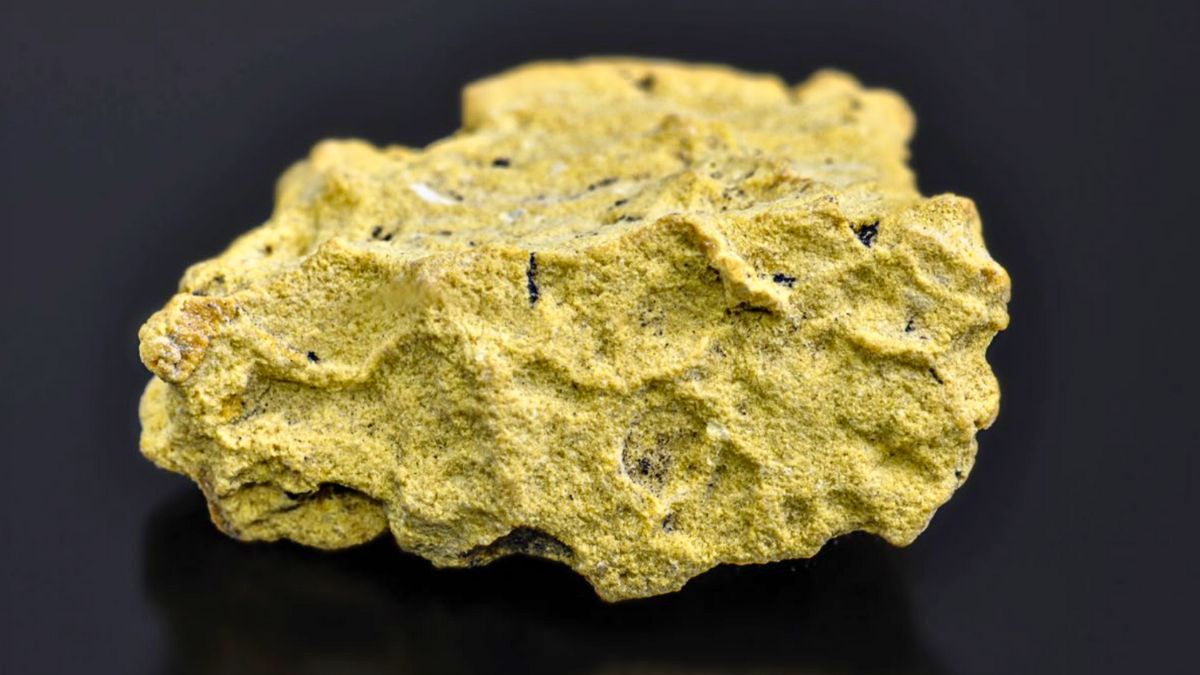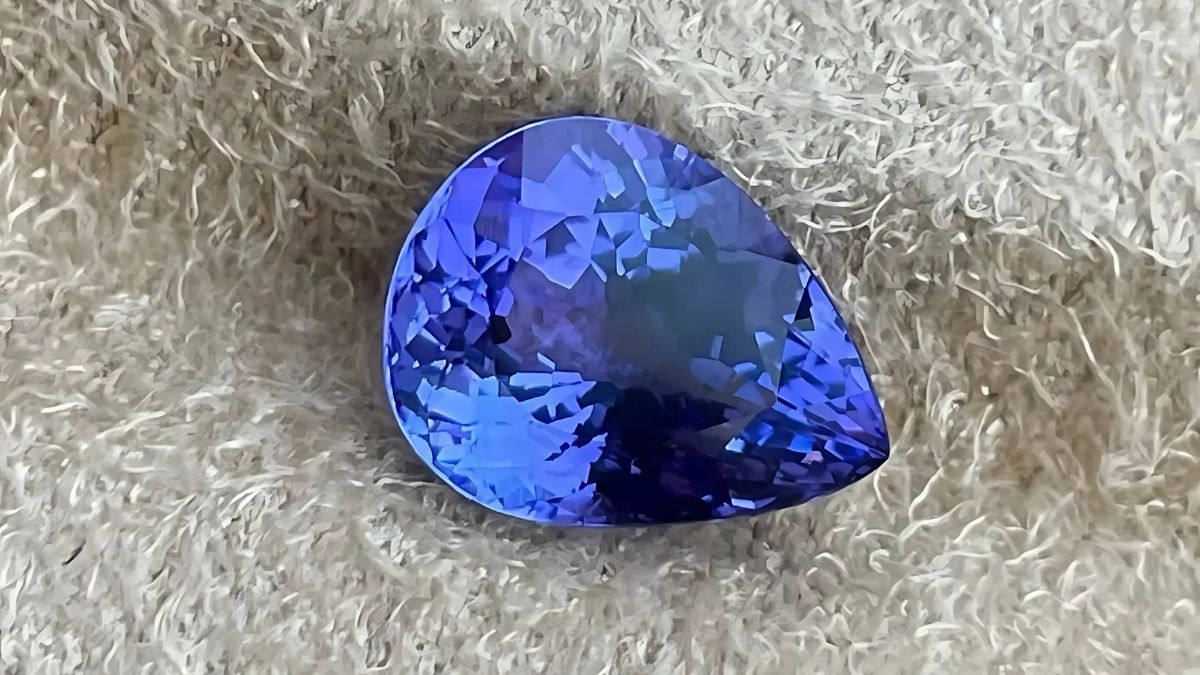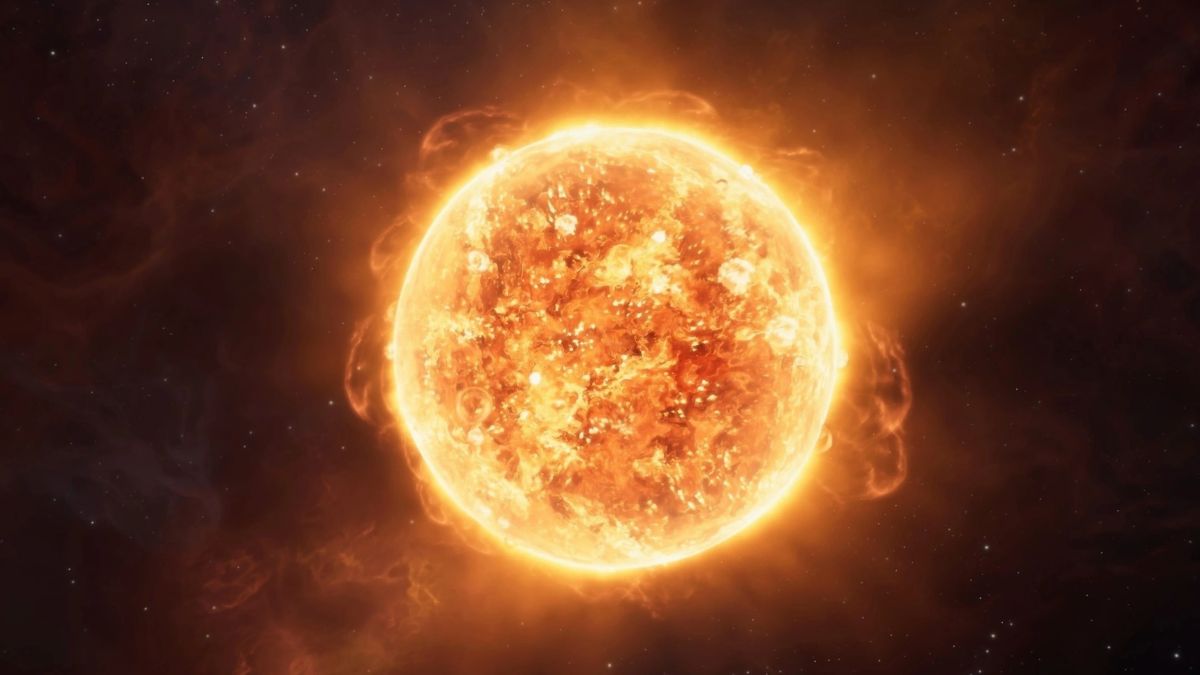It’s no surprise that automotive companies are in a race to ditch fossil fuels. Electric vehicles are everywhere—from Teslas to city buses—and sustainability is the name of the game. But while many carmakers are focusing all their energy on batteries, Toyota is taking a different road. Under its “Beyond Zero Vision,” Toyota is pushing multiple clean-energy technologies, including one that might surprise you: hydrogen fuel cells.
Vision
Toyota’s “Beyond Zero Vision” isn’t just a catchy phrase—it’s a full-blown mission to reach carbon neutrality at every stage of vehicle production. That means they’re not just looking at tailpipe emissions, but the entire life cycle of the vehicle, from manufacturing to disposal.
Unlike Tesla, which is all-in on electric motors, Toyota believes the future isn’t one-size-fits-all. Some drivers may prefer EVs, others hybrids, and some may find hydrogen a better fit. Toyota’s strategy is to offer options and let the market decide. Their current sustainable tech lineup includes:
- All-electric vehicles (EVs)
- Plug-in hybrids (PHEVs)
- Hybrid electric vehicles (HEVs)
- Hydrogen fuel cell vehicles (FCEVs)
Hydrogen
Among all those alternatives, hydrogen is where Toyota is really shaking things up. You’ve probably heard of the Toyota Mirai—their flagship hydrogen fuel cell vehicle. Unlike a battery EV, a hydrogen FCEV converts compressed hydrogen gas into electricity on the go, emitting only water vapor.
Toyota’s not just talking big—they’re doing the miles. Millions of miles, actually. According to Toyota, the Mirai has proven the real-world viability of hydrogen-powered driving. But that’s just the beginning. The company believes hydrogen can be scaled and applied far beyond cars—think trucks, buses, and even industrial equipment.
Alliance
Here’s where it gets even more interesting. At the 2025 Hydrogen and Fuel Cells Seminar in Long Beach, California, Toyota revealed they’re teaming up with companies they once considered rivals. One big name? BMW. That’s right—Toyota and BMW are working together to launch a hydrogen-powered BMW model by 2028.
Why join forces? As Toyota’s advanced mobility engineer Jay Sackett puts it, “We are collaborating with companies that would traditionally have been our competitors to develop standards and protocols for hydrogen supply connections, recognizing that an industry standard is more beneficial than our own competitive advantage.”
Translation? They want hydrogen to work, not just for Toyota, but for everyone. This kind of cooperation could be the key to scaling hydrogen infrastructure globally.
Engine
In addition to hydrogen, Toyota is also developing a new four-cylinder engine, with displacement between 1.5 and 2.0 liters. This engine is specifically designed for their electrification projects, not traditional combustion use. While the technology hasn’t been implemented in internal combustion engines yet, it’s part of Toyota’s long-term strategy to blend traditional design with futuristic fuel sources.
Think of it as Toyota setting the stage for a cleaner engine—not just an EV, but a hybrid system that could also be powered by hydrogen or synthetic fuels in the future.
Future
Toyota isn’t betting everything on one horse. While Tesla grabs headlines with battery-powered cars, Toyota is quietly building a multi-lane highway to a fossil-fuel-free future. Whether it’s electricity, hydrogen, or hybrid systems, they want to give consumers choices—and give the planet a break in the process.
The collaboration with BMW shows a mature, industry-wide shift toward collective responsibility. By working together instead of competing blindly, automakers may finally unlock the full potential of hydrogen—and redefine what clean driving really means.
FAQs
What is Toyota’s Beyond Zero Vision?
It’s a mission to achieve full carbon neutrality in all stages.
What is the Toyota Mirai?
A hydrogen fuel cell vehicle that emits only water vapor.
Is Toyota working with BMW?
Yes, to develop hydrogen-powered cars by 2028.
Does Toyota still make combustion engines?
Yes, but they’re shifting toward electrification and hydrogen.
Why does Toyota support hydrogen fuel?
Hydrogen offers fast refueling, clean energy, and scalability.

